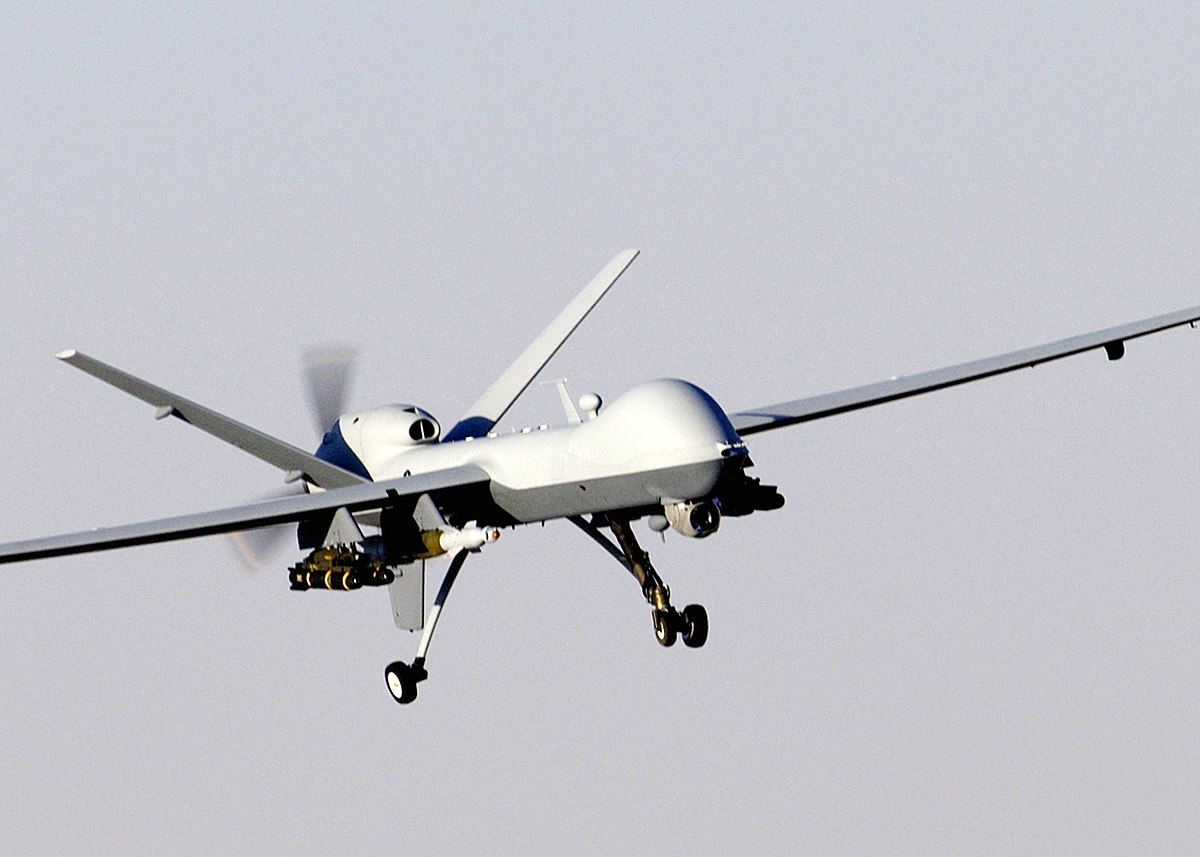Friday NatSec Roundup: Suleimani Edition

My hot take on Suleimani: He was widely regarded as an exceptionally competent military officer with strong connections to militant groups across the region. He was ideologically and professionally committed to curtailing US and Israeli influence in the Middle East, and he facilitated actions that killed Americans, Israelis, Iraqis, and Syrians, along with the destabilization of Iraq, Lebanon, and Yemen. To his credit, he was the architect of the Iranian portion of the campaign to destroy ISIS, although he sought to replace ISIS with a coalition of militias loyal primarily to Iran, rather than to their home governments. In short, nothing about the “Suleimani was bad and it’s good he’s dead” takes is quite wrong, but it is dependent on “what I told you was true, from a certain point of view” thinking.
My read on why he’s dead at this very moment is that President Trump came into office committed to eliminating the JCPOA, but that he lacked any very firm set of ideas about what should replace it. Iran policy in this administration thus became “maximum pressure” almost by default. Trump did not appreciate that Iran could act at multiple levels of escalation and in multiple theaters across the Middle East, and was not prepared for the escalated Iranian military campaign that ensued after the US exited the JCPOA. Suleimani was an important architect of that campaign. Trump resisted the idea that the maximum pressure campaign necessarily included a military component, and thus was reluctant to respond militarily to Iranian actions against Saudi Arabia, in Iraq, in Syria, and in Yemen. Trump apparently believed that continued strong support for regional proxies (primarily Saudi Arabia and Israel) would be sufficient to manage Iran.
Trump of course takes a very personalistic approach to politics, and so the idea of killing Suleimani undoubtedly appealed to him, especially as he seemed to view the protests outside the US embassy in Baghdad as a personal affront. And so he apparently decided to push the button on Suleimani, a step that both President Bush and President Obama had considered and rejected. It’s worth pointing out here that this is *not* the worst way that he could have decided to respond; a relatively limited strike against folks in the direct chain of command is better than lots of things he could have done that would have risked killing civilians, destroying infrastructure, etc.
The issue of concern now is the Iranian response. Iran will undoubtedly feel the need to respond in some fashion, but that response may have a de-escalatory impact. Cyber-attacks, for example, may prove annoying and somewhat destructive, but they’ll also carry a clear message of “we need to hit back, but we don’t really want to fight.” But then it’s also possible that Iran will take more aggressive steps that will lead to a lot more deaths. Iran can also undertake plenty of below-the-radar actions that will make Iraq and Lebanon effectively ungovernable. And while Suleimani was undoubtedly personally important, I have reservations that he was so operationally significant that Iran will be unable, in the short- and medium- term, to continue its operations across the region. Finally, in response to some questions in the comments, I think that even though Iraq’s tolerance for Iranian interference in its local politics is running thin, its tolerance for the US presence in the country is running even thinner. That said, the US has managed to stick around for this long…
- Here’s a good rundown of what we know about the attack.
- Here’s an older, but still useful, profile of Suleimani by Dexter Filkins.
- Here’s the Israeli perspective on Suleimani.
- Here’s a good discussion of the de-escalatory nature of cyber-attacks.
- The Saudis should be nervous about Iranian retaliation.
- A bit more operational detail on the attack.
- Here’s what the law says about the authorization for the attacks, with particular attention to issues associated with the violation of Iraqi sovereignty.


